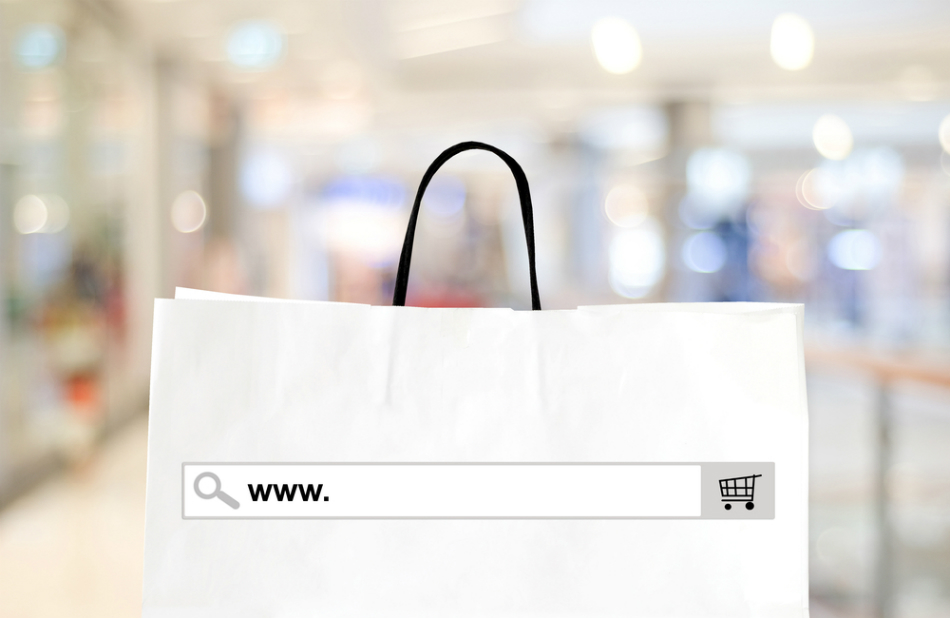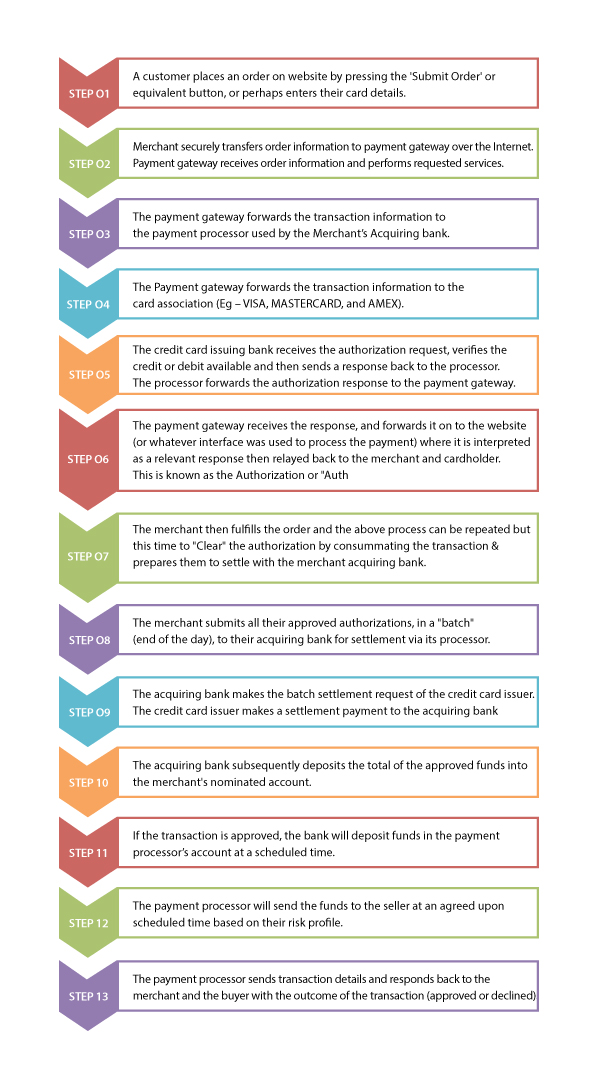
One fine morning, you wake up and you stumble upon a business idea that you instantaneously believe in and you think it will work great in the marketplace. You start working on your business plan and then you stop at a critical juncture, you start evaluating the feasibility and costs of starting a physical store vis a vis an online store.
Let’s look at the scenarios and help you take a wise decision.
When you decide to open a physical store, there are costs that need to be borne in terms of infrastructure, furniture, labor, etc.…. Furthermore, you must invest in the security of the store, the maintenance of the store, etc.… The costs involved in setting up and operating a physical store to sell your products are very high to begin with, not to mention you would have to indulge in some outdoor marketing to attract customers to your store. If you think you don’t need to do marketing, then your store better be in a good location to cash in on the automatic visibility. But, a good location comes at a cost.
Sometimes, the rent of the store will be abysmally high, due to locational advantages. Oh, last but not the least, there are regulatory clearances from the civic body & government that needs to be sought, before you start operating a physical store. In many countries, receiving regulatory clearances is not easy as sometimes, the process is cumbersome and tedious.
Therefore, purely from a short to medium term, it certainly doesn’t make sense to open a Physical Store, because it will take a while before you realize your return on investment. Hence, what’s the other option? Online, right!
It is 2017, the peak of the e-commerce revolution, the possibilities are immense. You don’t need to worry about location, physical security and outdoor marketing, to start shop. Sure, these elements exist in the online space as well but it is easier to deal with. To start up in the online space, you don’t particularly need any regulatory clearances. You would just need a few computers and a good internet connection.
However, you must ensure that you have adequate stock to service your orders. It is imperative to have a good supply chain and logistics system in place, because if the first 100 costumers, like your products, chances are that your orders will increase in a very short span of time, aided by digital marketing.
Having said that, the most important factor is the experience you provide to customers, when they land on your online store. The UX/UI (User Experience/User Interface) of your website needs to be top notch. Right from the homepage to the payment gateway, the amount of time that a customer will spend on your online, he should be blown away by the experience. The UX/UI will be your single most important driving factor for your online store, initially.
Contact us and we will be able to guide you on setting up a viable online business, apart from providing a seamless payment experience for your online store. Sign up for a free demo to understand the value of our payments solutions.





